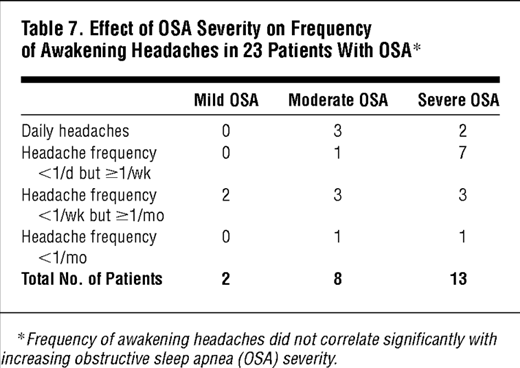If you start each morning with a headache,Waking up with a headache is usually caused by poor sleep. Insomnia, snoring and/or sleep apnea, not enough sleep, too much sleep, anxiety and stress, waking up during the night—all of these sleep fails can mean you start your day in pain.
Common sleep problems associated with awakening headache
The following sleep issues are associated with morning headaches.
Insomnia
Insomnia, which describes difficulty falling or staying asleep. or related sleep deprivation – related depression and stress feedback loop. Over half of migraine sufferers report sleep-onset or sleep-maintenance insomnia. The problem with insomnia is that it often leads to chronic sleep deprivation. For example, migraine sufferers with insomnia tend to sleep 6 or less hours per night. Even just a night of sleep deprivation can worsen mood, memory, and focus the following day. Over time, it can develop into depression or anxiety about not being able to fall asleep.
Snoring and sleep apnea
Besides insomnia, snoring or obstructive sleep apnea (OSA) are the most common sleep issues reported by headache sufferers. Snoring is heavy breathing during sleep, while OSA Researchers still have not confirmed a causal link between sleep apnea and migraines. However, sleep apnea does result in sleep disturbances like insomnia that can cause morning headaches, and some research has indicated that treating sleep apnea reduces the amount and severity of headaches.
Sleep movement disorders
Morning headaches are also experienced by people with sleep movement disorders, including:
- Sleep bruxism,, a sleep disorder where people unknowingly grind or clench their teeth while they sleep. It’s related to stress and often causes headaches.
- Restless legs syndrome, a condition where people experience an intensely uncomfortable “pins and needles” sensation in their lower limbs while they’re in a supine position, accompanied by an equally intense urge to move them in order to find relief.
Hypnic headache
Hypnic “alarm clock” headache syndrome describes a condition where you wake during the night (1:00 to 3:00 am) due to a headache. The timing in the early middle of the night differentiates these from awakening headaches. Thus far researchers believe this to be a relatively rare and benign condition, although it is uncomfortable and the resulting sleep deprivation can cause the other types of headaches discussed in this article.
Other causes
Thanks to the sleep issues described above, migraine sufferers are also likely to experience excessive daytime sleepiness.
Additionally, waking up with headaches has been tied to:
- Circadian rhythm disorders
- Narcolepsy
- Sleepwalking
- Allergens in the bedroom environment
- Tension headaches from sleeping with the wrong pillow or in an exceptionally cold room
- Any sudden changes in sleep schedule, such as oversleeping or sleep loss
How to reduce sleep-related headaches
If you suffer from morning headaches, here’s the good news: improving your sleep often improves your migraine symptoms. Here are seven ways to enjoy better sleep, with fewer headaches.
Some simple steps you can take to improve your sleep:
Schedule Sleep: Go to bed and wake up at the same time every night. The new Bedtime app on the iPhone can help. Aim for 8 hours of sleep.
Exercise: Tiring your body out is a good way to enhance your sleep quality. Avoid exercise right before bed, however.
Meditate: Mindfulness practices like prayer and yoga help us control our thoughts and relax our minds.
Dampen Noises: Unexpected noise can disrupt your sleep patterns, though you may not realize it’s happening. Earplugs may help you stay in slumberland.
Lessen Light: Artificial light tricks the body into thinking it’s daytime. Staring at screens before bed can disrupt sleep. So can lights from the street seeping into your bedroom.
Improve Your Bedding: Any pain or discomfort after sleep could be the fault of your mattress or pillows. If the simple tips above don’t help, new sleeping equipment might.
